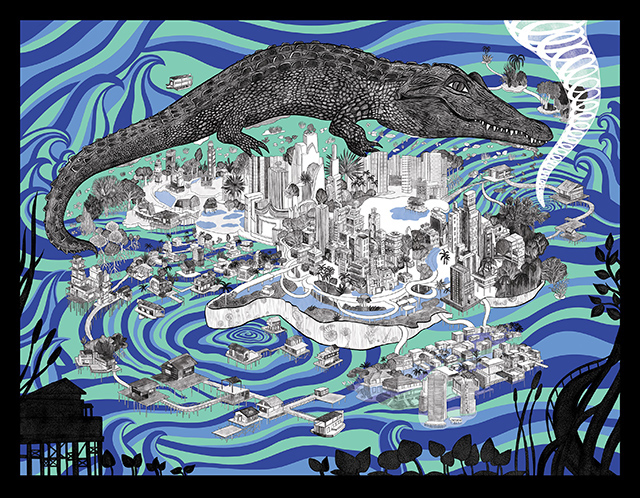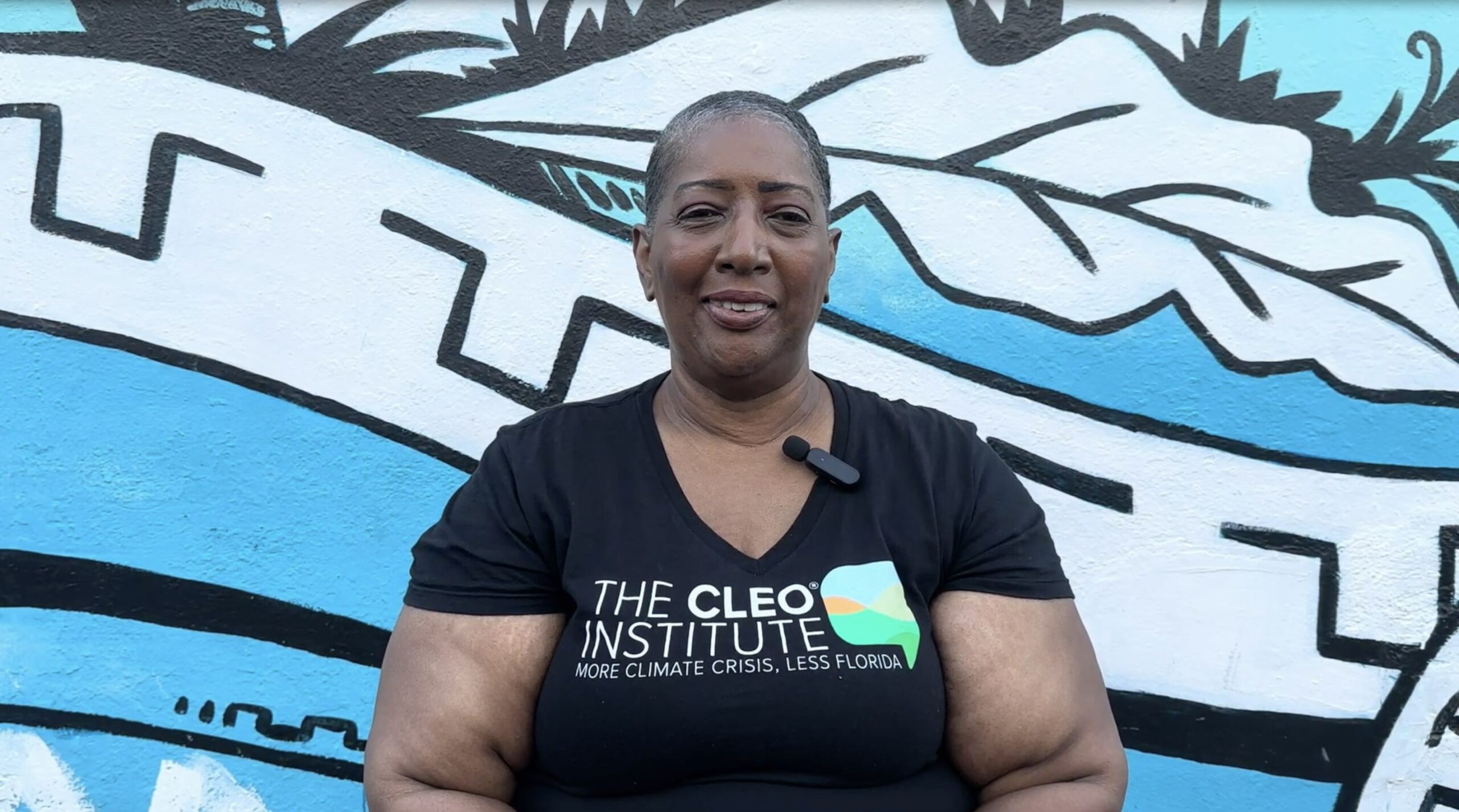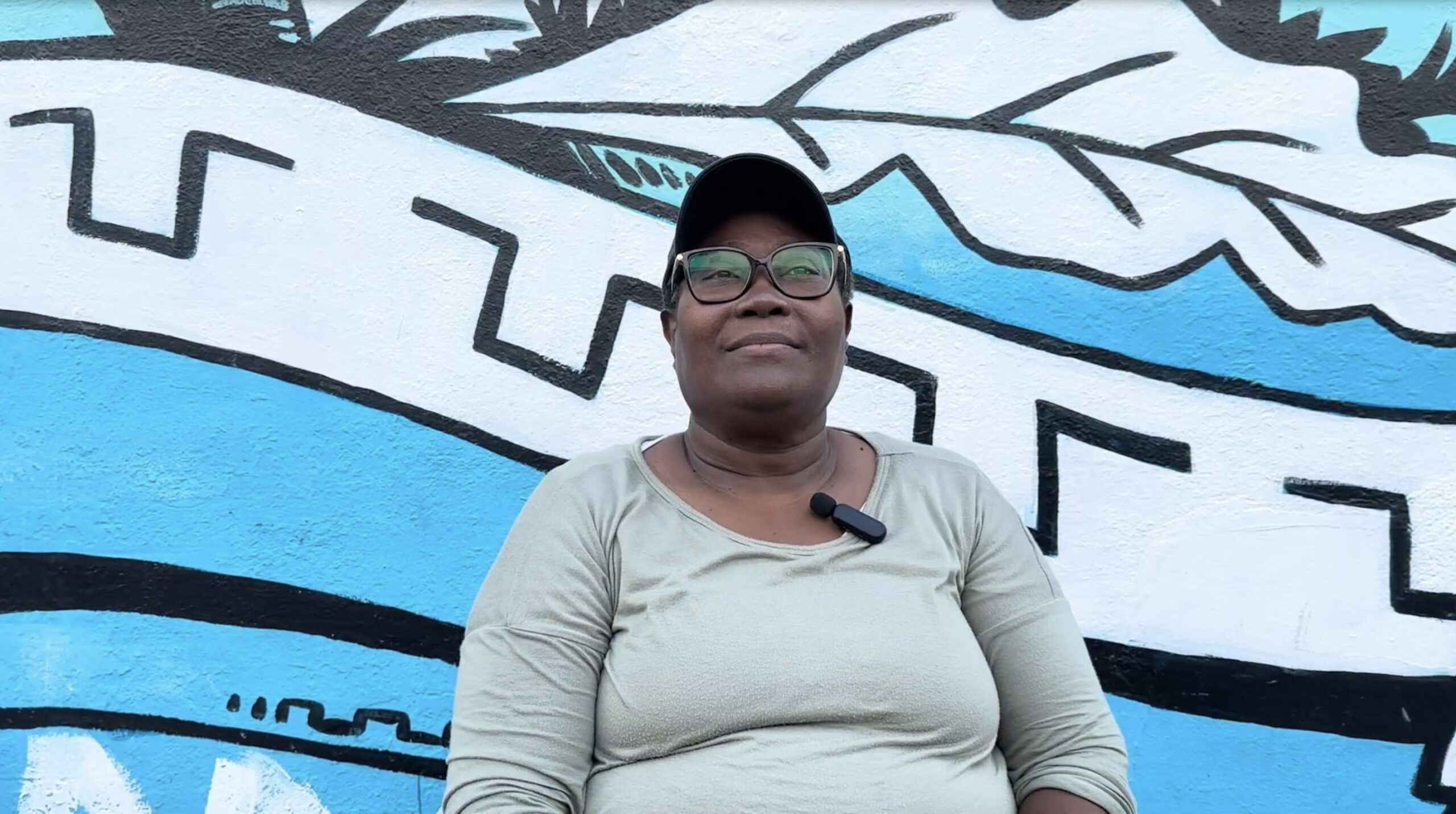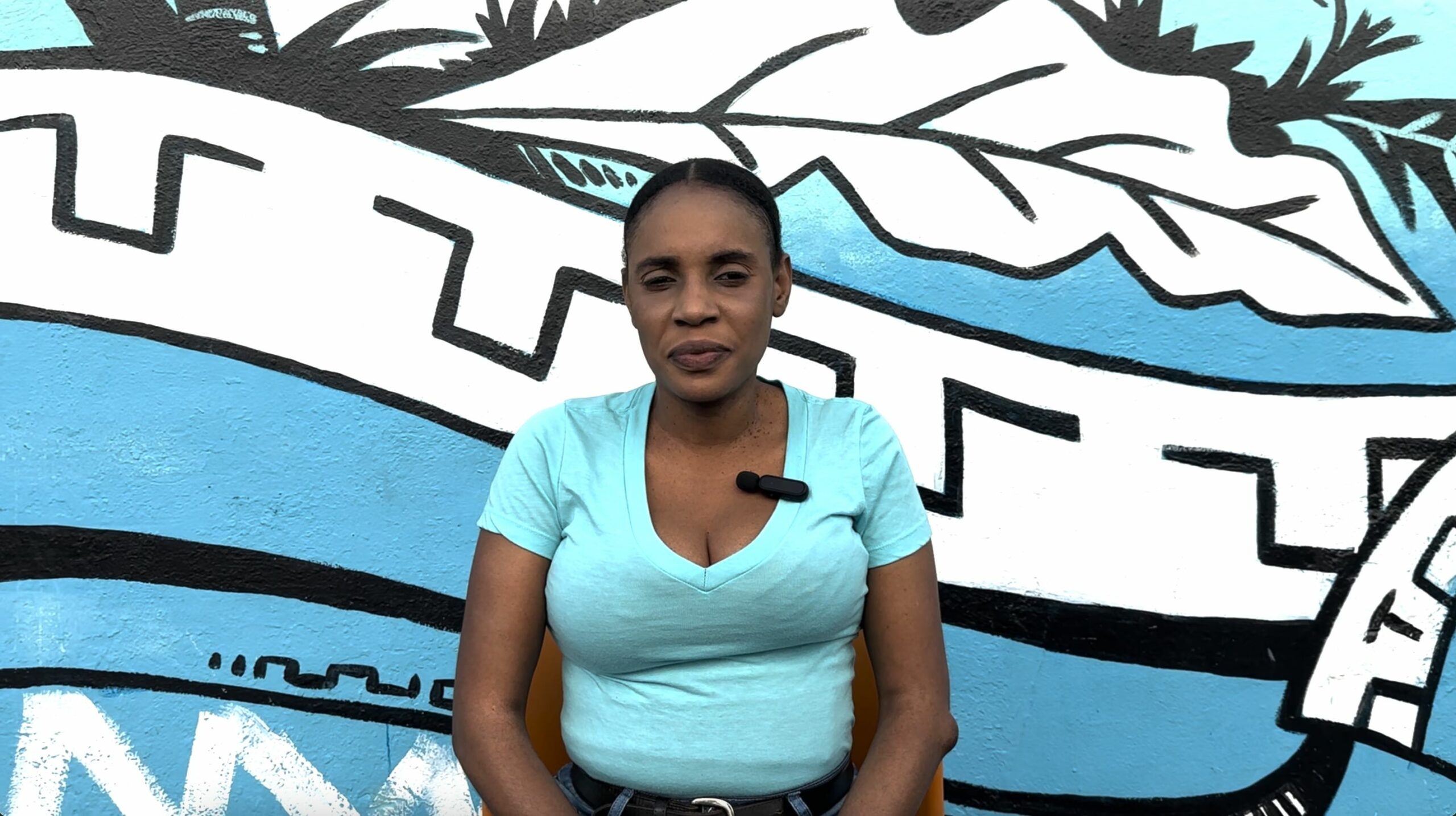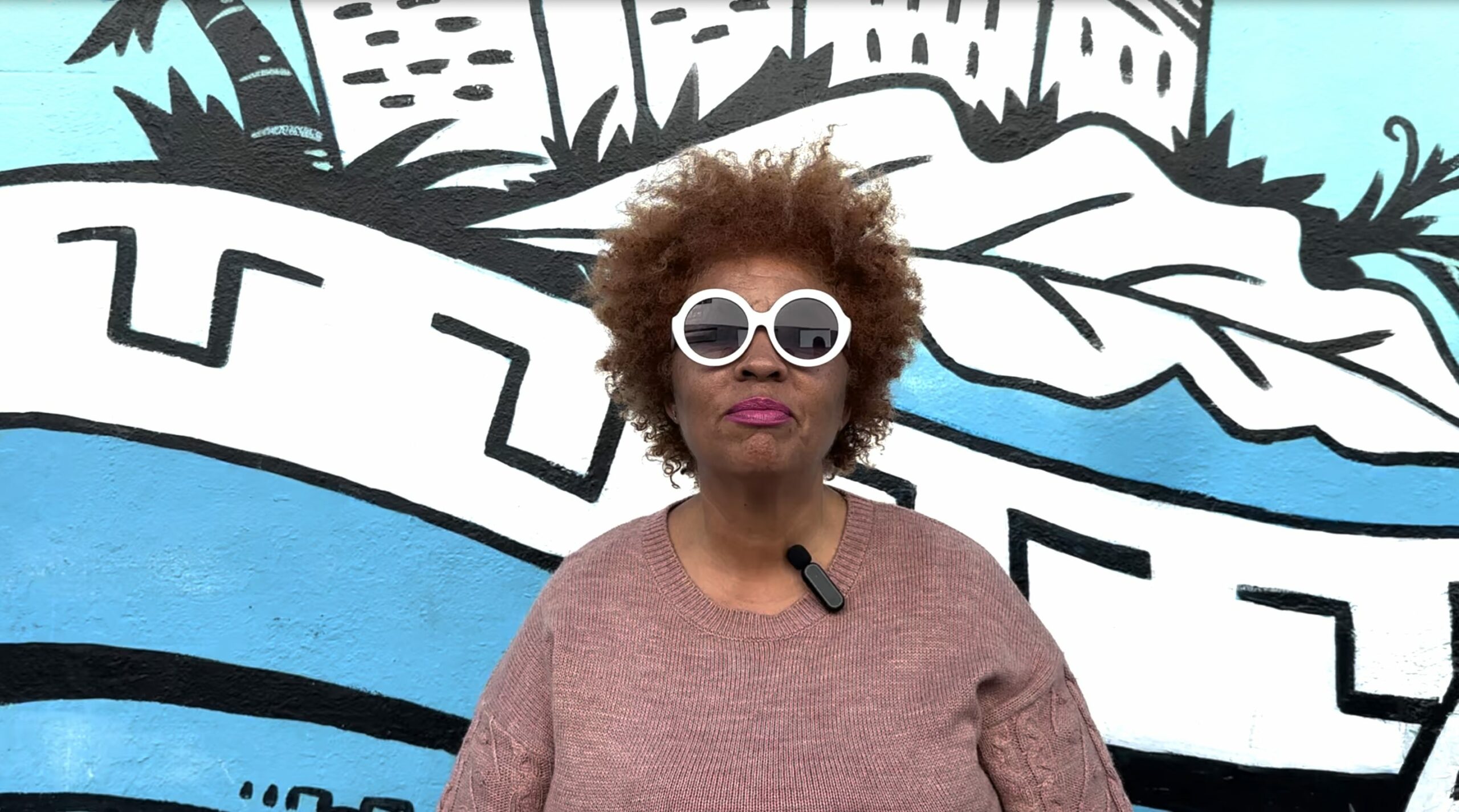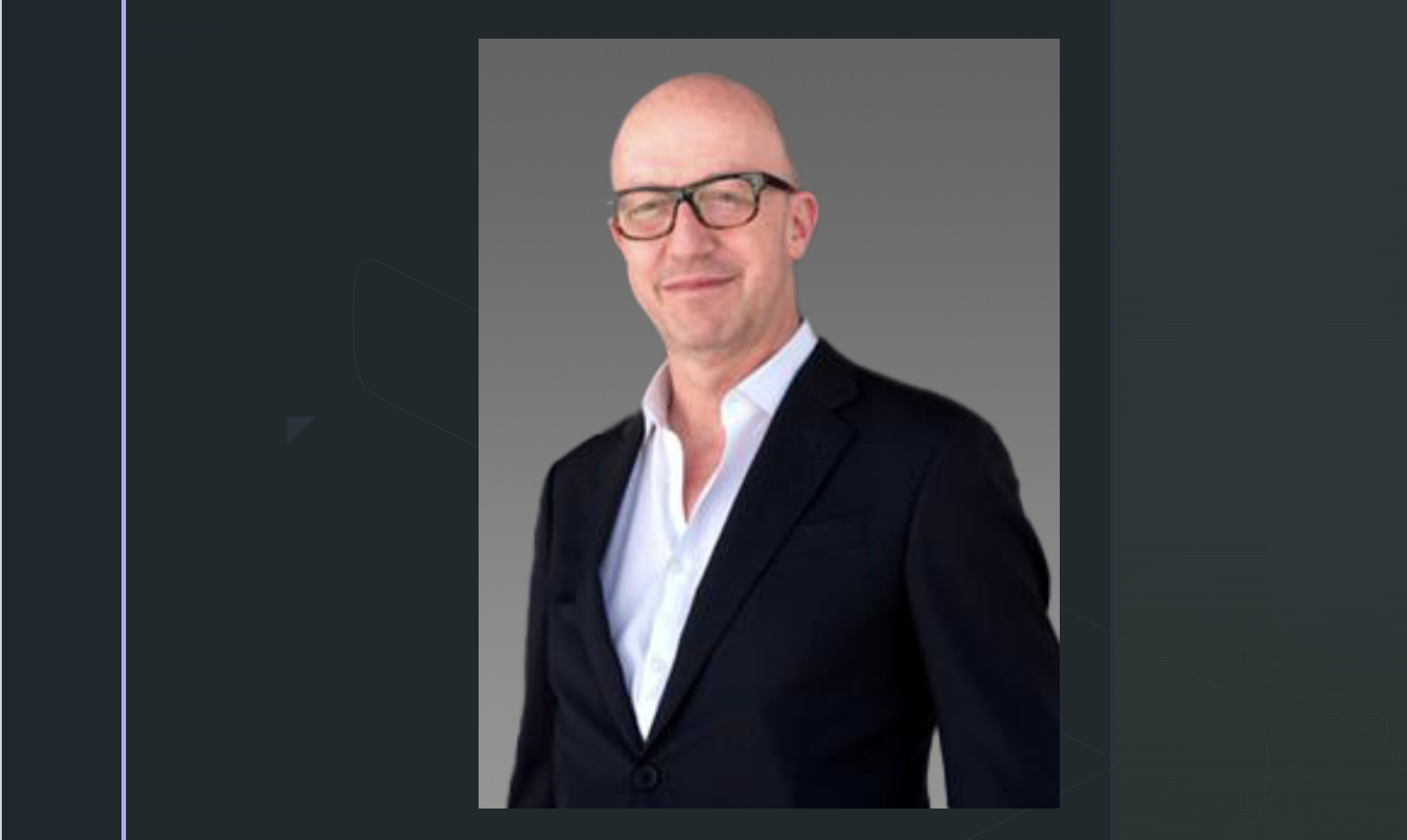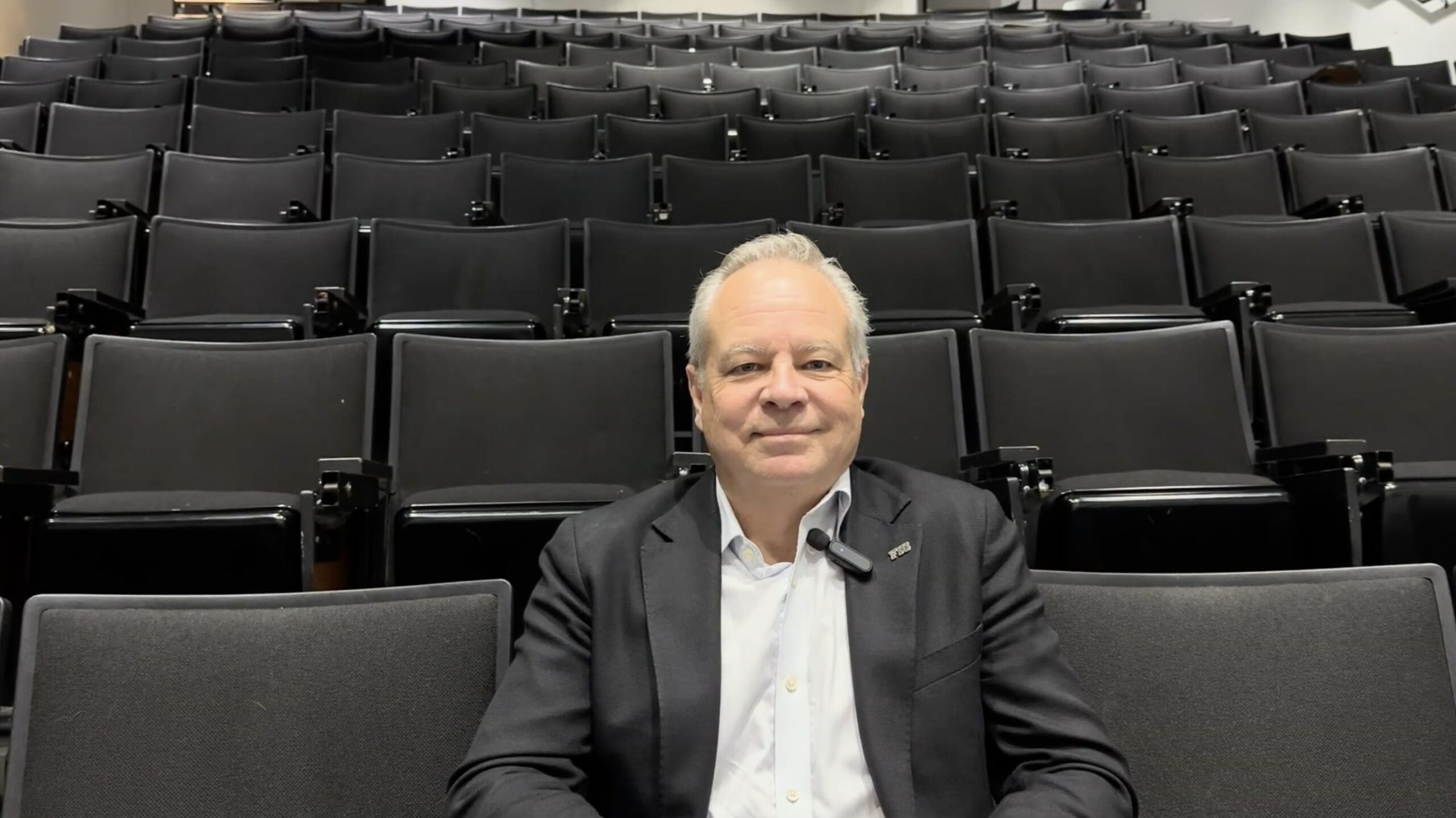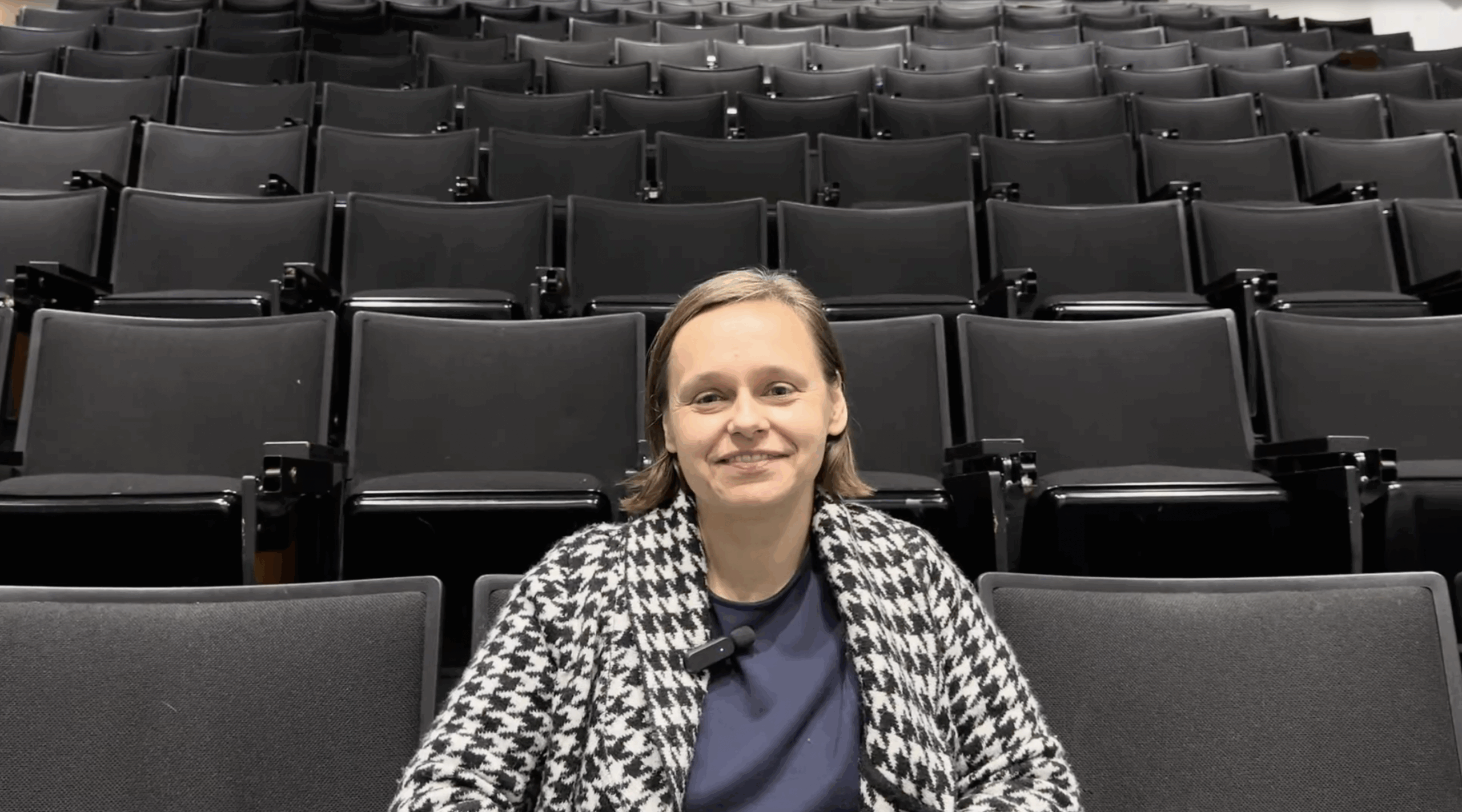Kimberly, who arrived in the United States a year ago, talks about her experience adapting to life in this country and her involvement with The CLEO Institute. ‘Thanks to them, we have learned a lot about the climate, the people, and how to help others.The CLEO Institute is more than a place of learning, it’s a family.’ For her, the programme is more than just a place of learning: it is a space where participants, whether young or old, can learn essential skills such as gardening, CPR and first aid.
Community engagement through mutual aid and gardening
Kimberly’s weekends are marked by a strong commitment to her community. ‘On Sundays, after praying at church, I visit people in need. We bring them food, because some of them can’t afford to buy meals. My little brother and I prepare meals and then distribute them to the most disadvantaged.’ She describes her daily involvement in concrete actions to improve the lives of those around her. This sense of sharing and mutual aid is also reflected in her gardening activities, which she considers an essential skill to develop: ‘Gardening is very important. I love vegetables because they are good for your health, and it is crucial to share this knowledge.’
The impact of education on crisis and climate management
Kimberly also highlights the importance of education in tackling the challenges posed by climate change. « At The CLEO Institute, we are taught how to help others, especially in emergency situations. For example, we learned how to perform CPR, which can save lives in an accident. » She explains that these lessons are crucial for developing a spirit of solidarity in the face of adversity and strengthening community ties. For her, tThe CLEO Institute‘s commitment allows her to better understand and respond to crises, whether health or environmental.
Rising sea levels and Miami’s vulnerability
When asked about the impact of climate change and rising sea levels in Miami, Kimberly cites the worrying situation of the homeless and the vulnerability of the most disadvantaged populations. « In Miami, many people are homeless, some don’t have enough to eat. It reminds me of the importance of what The CLEO Institute taught me: we must be ready to help, to offer food, to lend assistance to those in need. » For her, individual action can contribute to building a more united community that is also better prepared for the climate challenges ahead. She also sees the current situation as an opportunity for education, particularly for younger generations.
Simple actions for a better future
Kimberly advises children never to give up, even when faced with difficulties. ‘Go to school, learn English, learn everything you can, because it will help you become a responsible person who can contribute positively to your community.’ She highlights the importance of education in building the future and urges young people to realise that every action, no matter how small, is important in protecting their environment and their future. ‘If you see dangers related to climate change, go home, help your neighbours, because it is by acting together that we will succeed in facing these crises.’
A message of hope for the community
Her final message is a call for collective action and involvement in environmental challenges. ‘It’s important to work together to help our community, whether through gardening, helping each
Testimonies from the same panel
